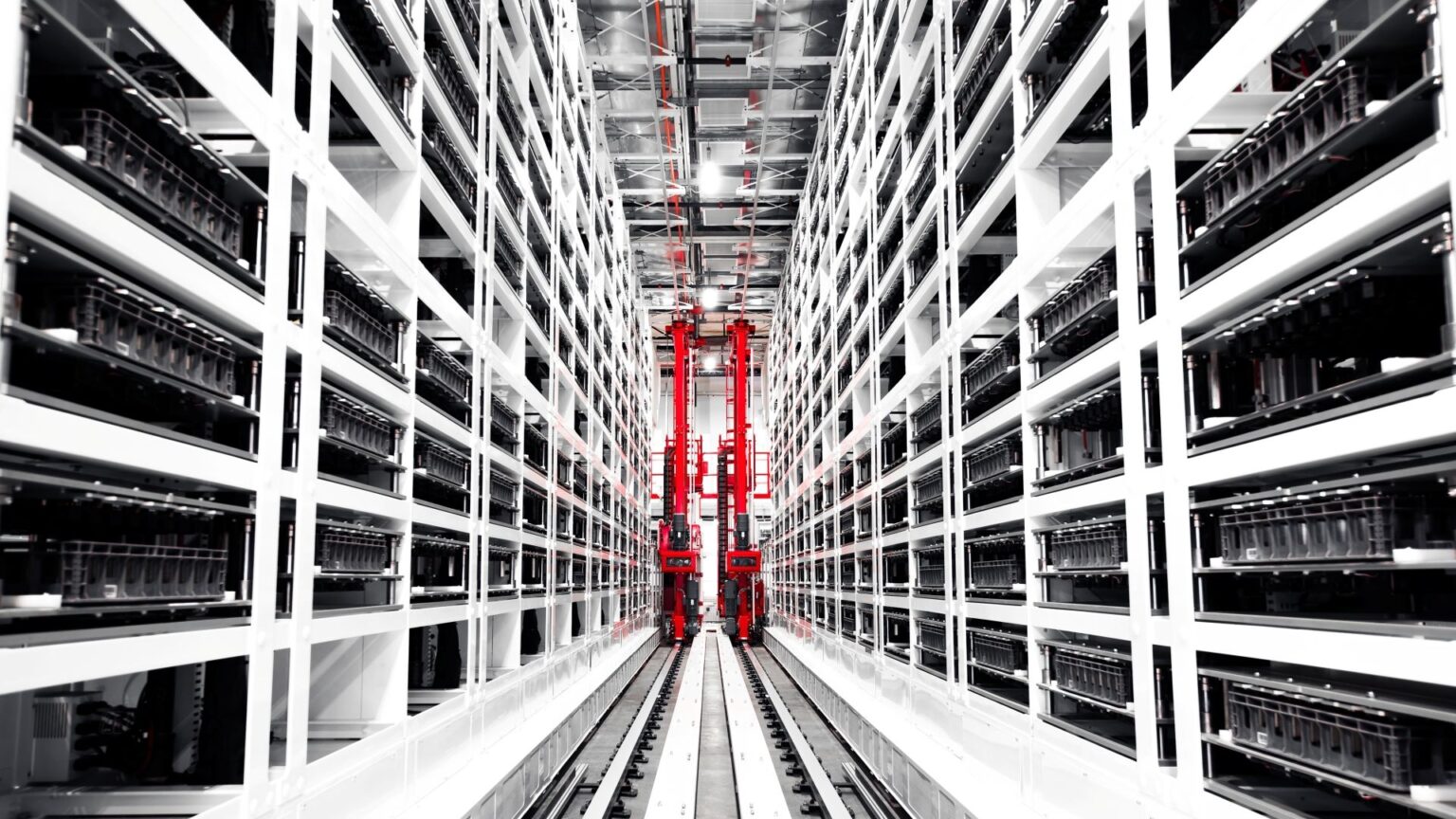Solid-state lithium-ion batteries promise to revolutionize the electric-vehicle world. These energy-storage systems offer numerous – and significant – benefits over conventional designs. Solid-state packs have higher energy density for greater range. These batteries are also less likely to catch on fire, have a longer lifespan, and can charge faster than conventional batteries. Solid-state electron reservoirs sound like an absolute EV game-changer, and countless automakers, academics, and supplier companies alike are researching the technology, though curiously, Tesla may not be as bullish on the technology as others are.
Existing Designs Still Have A Lot Of Life Left
Lars Moravy, Tesla’s vice president of vehicle engineering, shared a few thoughts about solid-state batteries during an interview at the X Takeover 2025 event in San Mateo, California. “You know, if you look year-over-year, battery improvements have always been incremental … about three-percent energy density improvement year-over-year, something like that, and maybe similar in fast charge,” Moravy explained. “And I think that that’s going to keep going for a long time, and we’re going to find a lot more improvements in the batteries that we make in our vehicles,” the engineering executive added.
Over the years, Tesla and its partners – companies like CATL, LG, and Panasonic – have figured out how to dramatically enhance their battery cell designs. As Moravy explained, incremental improvements in the electrolytes used, how cathodes are designed, and what kind of anodes are employed have resulted in significant gains. Also, manufacturing technology has changed, which results in better packing density for a longer vehicle range.
Expect This Trend To Continue
“You can go back decades to figure out when the first lithium-ion battery happened, and follow that linear trend,” said Moravy. “And I think we’ll continue on that trend, and [we’ll] continue to refine it. Every couple of years or so, we change over our entire battery cell factories with our vendors.”
Existing lithium-ion battery designs will almost certainly continue getting better in the future but, “That doesn’t mean we don’t also look at trends like solid-state batteries and super caps (capacitors) and other things that might provide other alternatives of energy,” noted Moravy. “But you know, lithium-ion and lithium iron-phosphate, those cells have really proven their worth in terms of like energy density and capability, and I really think we’re only in the beginning of that. I still think there’s a lot of gains to be made in microchemistry and in those formfactors.”
There Are Many Challenges Left To Address
Solid-state batteries should offer huge benefits over conventional designs, but there are numerous technical challenges that still need to be addressed. Researchers around the world are pushing to commercialize solid-state batteries, and they could hit the market in the next couple of years.
As for Tesla, “Battery tech is definitely at the forefront of a lot of things we do,” said Moravy, “it powers every product that we make.” Given the importance of this technology, it’s unlikely the automaker will cede any ground to other manufacturers or supplier companies. For the time being, it sounds like Tesla is focusing on existing designs, but when the time is right, it’s a safe bet the company will be ready with some sort of solid-state battery.
Read the full article here


